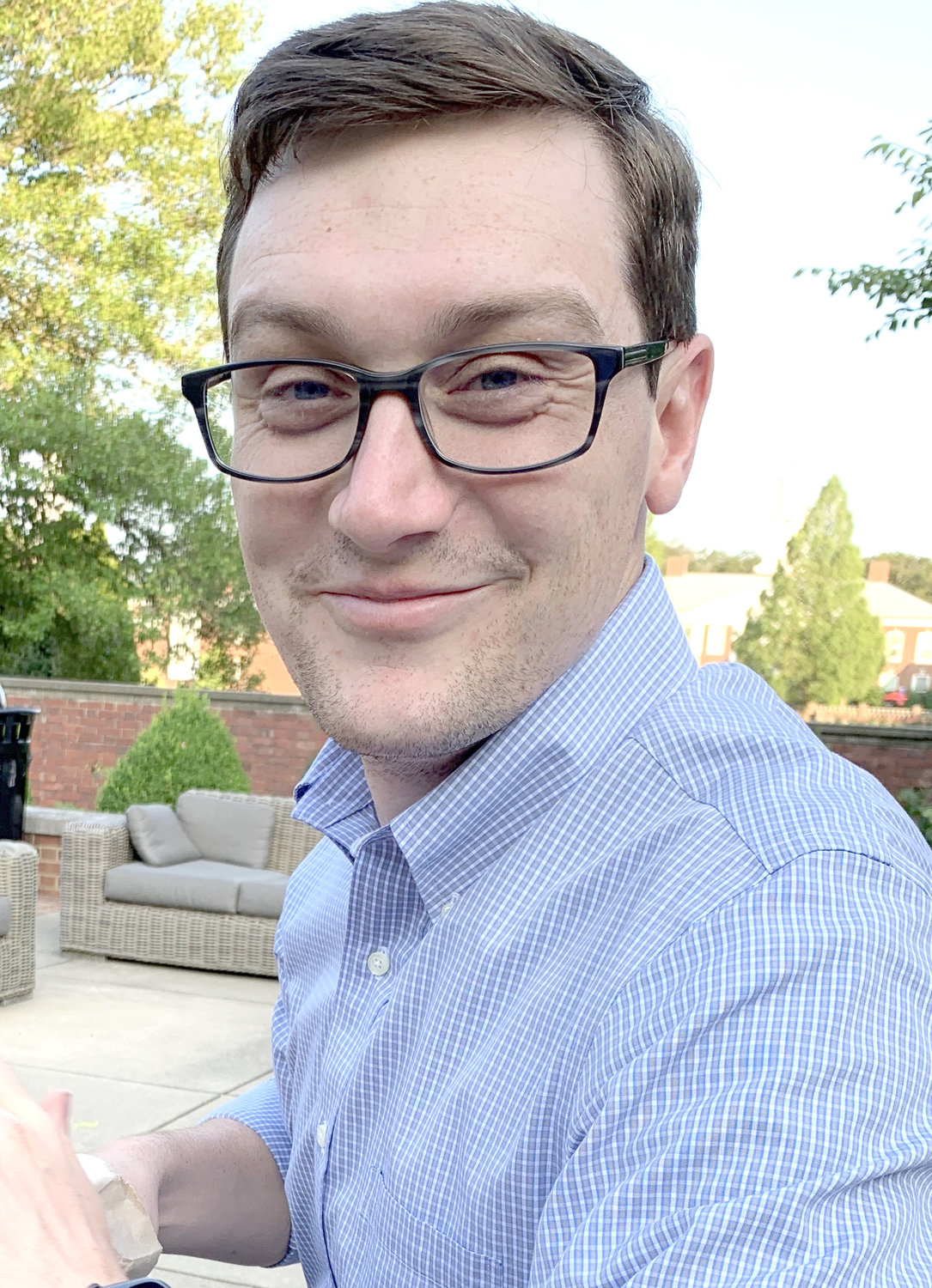Our question this week is: “From where do we get our right and wrong?”
Because there is much to say on this question, the answer will be split into two articles. This week we will cover some important considerations and raise some other important questions, and then next week, Lord willing, we will give an answer. Let’s begin with a scriptural point of reference: the book of Judges.
The theme of the book of Judges is captured in the last line of the book: “In those days there was no king in Israel. Everyone did what was right in his own eyes.” (Judges 21:25) Notice a few things in this passage of Scripture: 1) the presence of true authority divides truth from fallacy, 2) truth reveals ethics (right and wrong), and 3) ethics drive action. In those dark days, there was no true authority in Israel and, thus, no way of knowing what was true and right. So, Israel did as all mankind does when there is no guiding authority: they decided truth and did what they, themselves, thought was right.
Though this was ancient Israel, we have no problem relating to this. Consider, on one hand, a four-year-old does this well. Children often do as they see fit within their own reasoning. But, on the other hand, there is a difference between a four-year-old and a 44-year-old. When confronted, the four-year-old does not question the validity of the words “ought” and “ought not.” These simple words are ethical signposts. They guide action. When a parent or elder gives such commands, these moral/ethical signposts are not only reasonable but also an authoritative, driving action, even if the little one may disagree, and even disagree to the point of a spanking. But as youth gives way to adolescence and adolescence to adulthood, a 20- or 30- or 44-year-old or older may very well question such signposts and refuse to recognize their authority or even their validity.
Why does this change occur? Why do some change their minds once they are capable of complex thought? Why do some jettison the idea of authority and even objectivity as the instruments of tyrants and the naiveté of children? Hold these questions in mind. We will fully address these next week with our complete answer.
We may ask ourselves, here, a series of questions: All very important questions, but I want to now focus on our primary question: From where do we get our right and wrong?
Should we find the answer by looking inwards, in ourselves? Could we find the authority here to divide truth and reveal ethics? But that can’t be; we are fallible. We change our minds. We get things wrong, and rather often at that. Does that mean we should change our ethical signposts — our “ought” and “ought not” — as often as we change our minds? Is right and wrong, then, as fluid as our opinions? We of course do not believe that.
Perhaps then we should turn to hard facts of science? But who conducts the experiments and then interprets the results? None other than us, again. Scientific theories change just as rapidly as the opinions of the scientists who form them.
Well then, perhaps we will turn to the great humanist trope of “progress.” But even here, who decides which direction or how far to “progress?” It is us, yet again, fallible, imperfect, rebellious children made from the dirt — us. Even here, there is no safe harbor from the winds of every doctrine.
How about the other end of the political spectrum? Perhaps we will find our guiding shepherd there — in the safety of conservativism. But, again, who decides what to conserve and what to abolish? When and how? Heaven knows it can’t be us. We can’t live like this. Where is our authority, our truth, our ethics? What should we do? For that matter, where is our hope?
The clear truth of this affair is that there is no hope in mankind (Matt 19:26). Mankind has done great things. Things worth lauding — from the beauty that covers the walls of art galleries to the rule of law that civilly governs nations, to the science that creates medicines and saves countless lives. Man has done many things right, but man has also done many things wrong. But how can we say that something is true or not, right or not? Where do we cite such authority, if it does not — truly cannot — reside in us? Though we may try our upmost to ignore them or tear them down, we know these signposts exist. And, we know they cannot be moved. Our hearts tell us so. Where do they come from and who is strong enough to hammer them down into the ground for the weary and heavy laden to find their way?
Next week, let’s talk about it. See you then.
(Jeremy Breland is a farmer in Ruffin and a M.Div. student at Southern Seminary. He can be reached at jbreland572@gmail.com.)
"right" - Google News
July 26, 2020 at 04:00PM
https://ift.tt/3jQHvfI
Right and wrong? Who gets to make the decision? | Faith - Walterboro Live
"right" - Google News
https://ift.tt/32Okh02
Bagikan Berita Ini















0 Response to "Right and wrong? Who gets to make the decision? | Faith - Walterboro Live"
Post a Comment